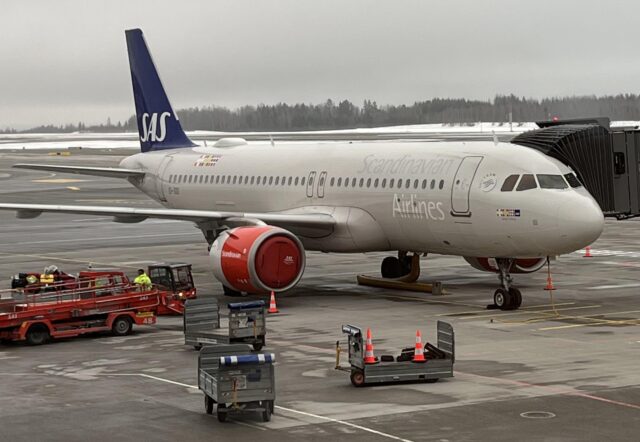GE Aerospace awarded $4.5m to build prototype hybrid-electric engine
GE Aerospace Research has been awarded $4.5m in Phase 2 funding by ARPA-E for the development of a 25kW power generation subsystem integrating solid oxide fuel cells with a SAF-powered…

GE Aerospace Research has been awarded $4.5m in Phase 2 funding by ARPA-E for the development of a 25kW power generation subsystem integrating solid oxide fuel cells with a SAF-powered gas turbine for hybrid electric propulsion.
The funding is part of the FLyCLEEN project that aims to demonstrate how the use of fuel cells could vastly improve the efficiency of converting the chemical energy from SAF into electric power and move closer to net zero CO2 emissions.
John Hong, a GE Aerospace senior combustion research engineer and FLyCLEEN project leader, commented, “The integration of fuel cells into jet engine propulsion system represents a potentially promising hybrid technology for additional fuel efficiency technologies in higher thrust aircraft applications. The use of SAF demonstrates the compatibility with lower carbon fuels to capture further CO2 reduction benefits.”
According to Hong, the novel hybrid approach uses SAF in both the fuel cells and gas turbines. A portion of SAF is reformed to Syngas to feed the fuel cells, while the rest of SAF is consumed in gas turbine engine.
Hong added, “This is such an exciting time for the aerospace industry. From fuel cells and SAF to advances in electric power, hydrogen, and even new engine architectures like our open fan design, we are seeing a confluence of technologies driving progress on a number of fronts. And we will need every bit of new investments and public partnerships like we have with ARPA-E to meet the industry’s goal of net zero CO2 emissions by 2050.”
GE Aerospace Research’s ongoing programs in hybrid electric propulsion with ARPA-E complement the CFM RISE (Revolutionary Innovation for Sustainable Engines) program, a major technology demonstrator GE Aerospace unveiled with its 50/50 joint venture partner, Safran, in 2021. This demonstrator program aims to deliver a 20% reduction in fuel consumption compared to engines today, which would represent a major step change in propulsion efficiency.
Along with advancing hybrid electric propulsion technologies, CFM RISE also is driving advancements in hydrogen fuelled and 100% SAF jet engines, as well as transformational new engine architectures like an open fan design.
Image: CFM RISE
Subscribe to the FINN weekly newsletter
You may also be interested in
Interview: CFM sets ambitious 20% fuel improvement goal for engine
Airbus and CFM collaborate on open fan engine architecture
















